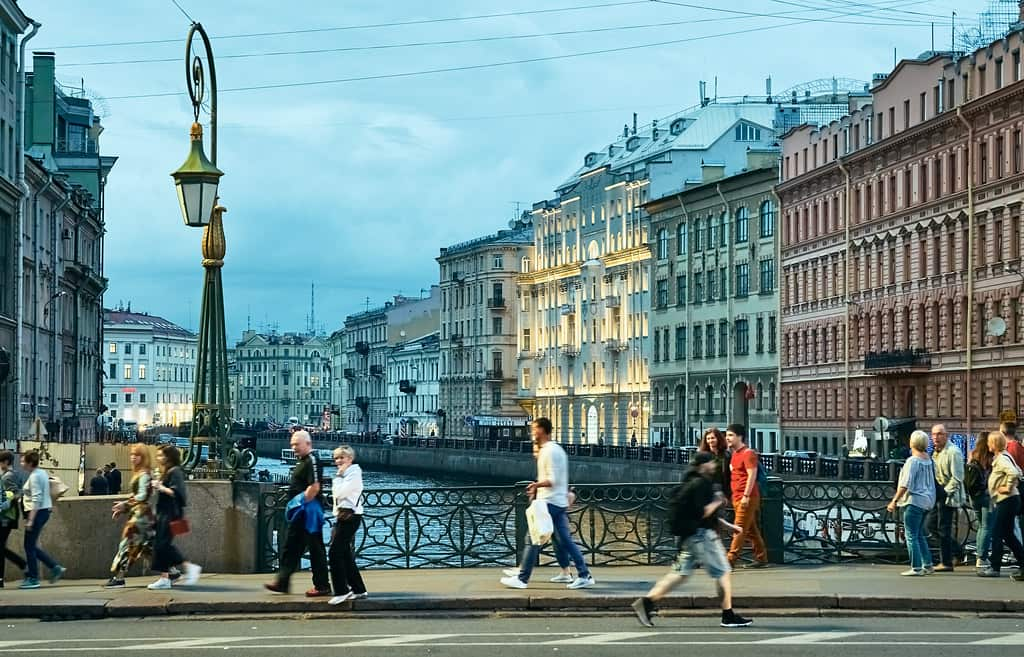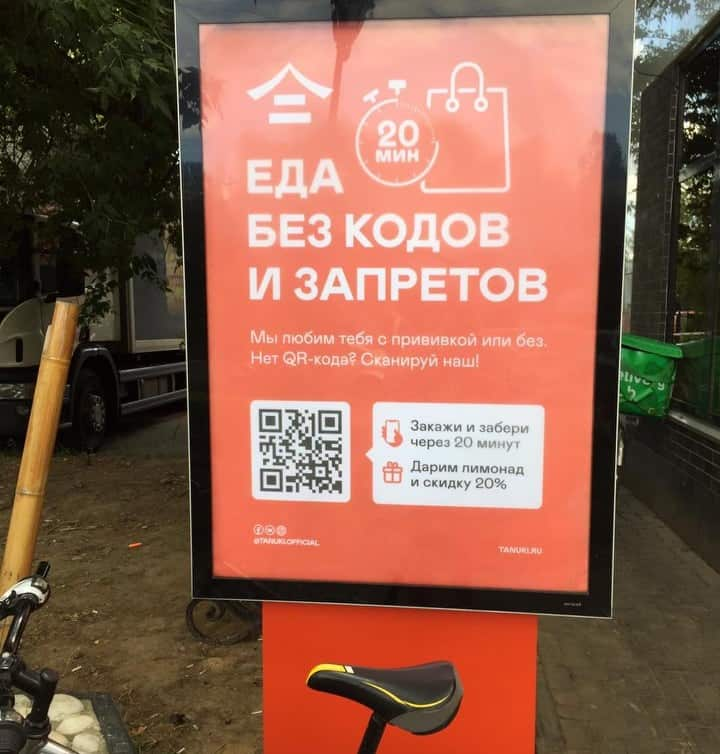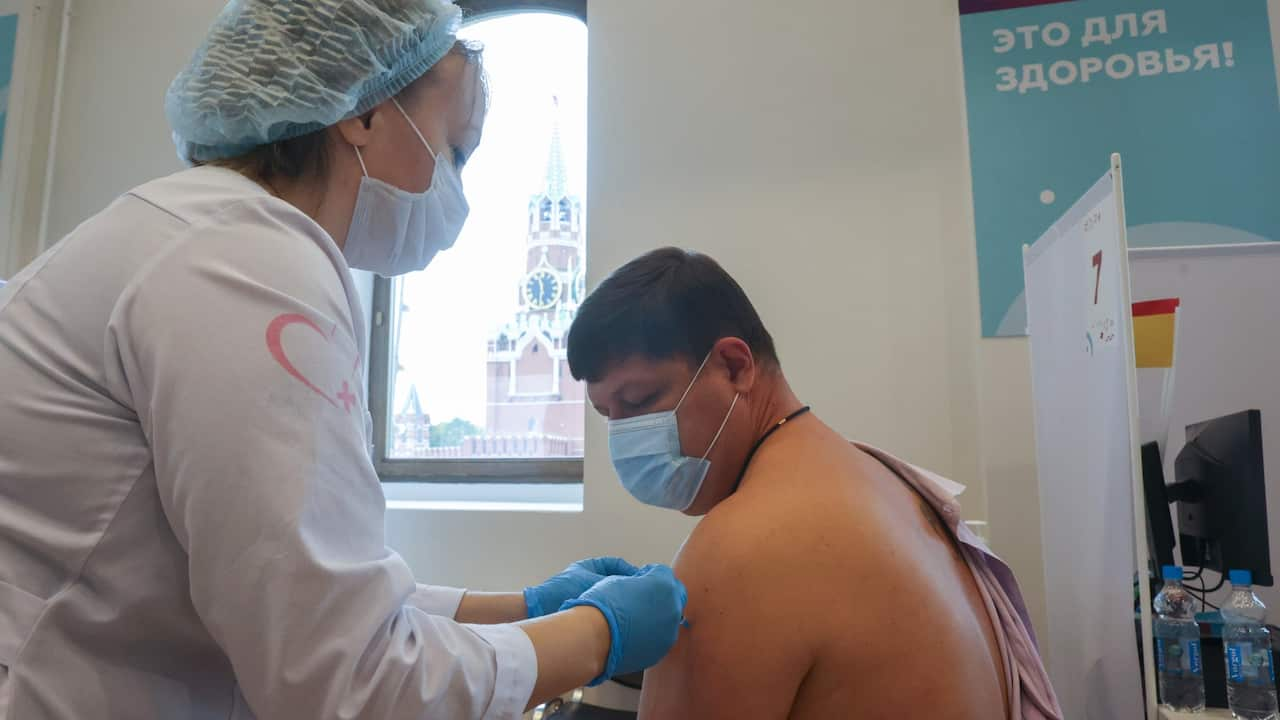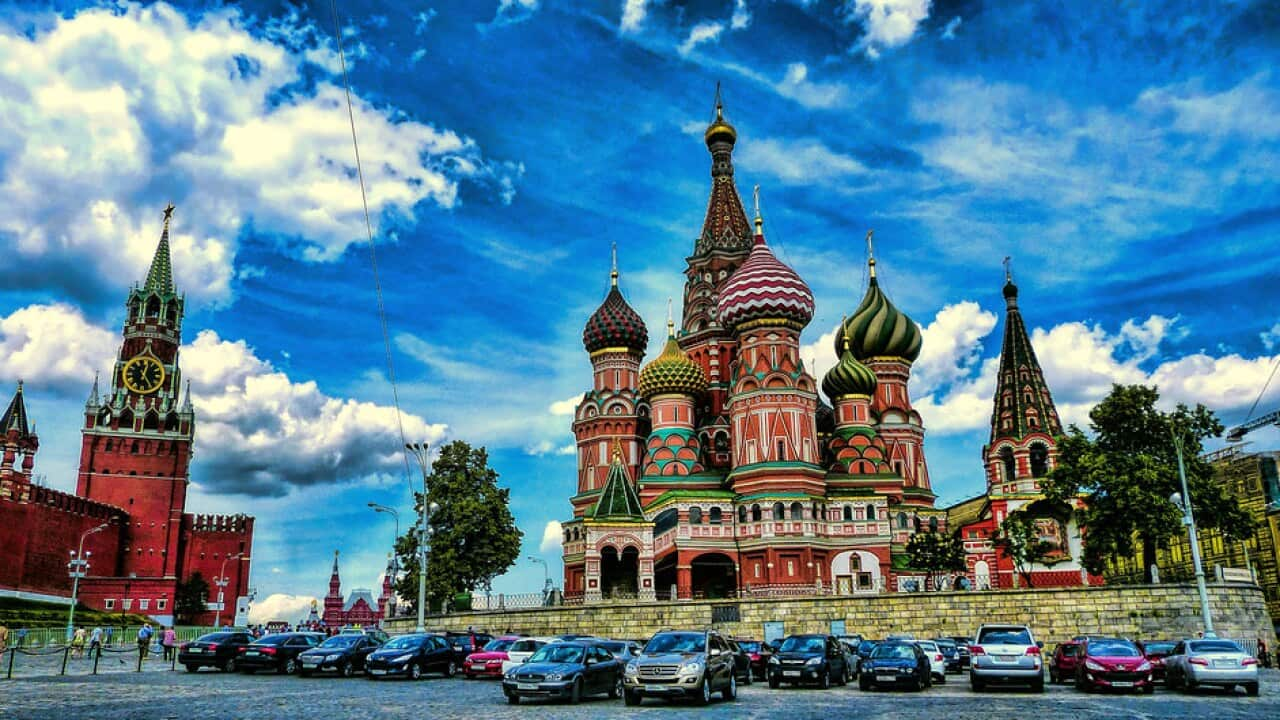Highlights
- Russia recorded over 200,000 COVID deaths, highest number in Europe
- Coronavirus restrictions in Russia are strict only on paper, say Australian travellers
- No digital COVID certificates or QR codes needed to access public places in Russia
“They cancelled the coronavirus in Russia, didn’t they?”
Using these words, an Australian describes his recent trip to Russia.
Alex * was in Russia to attend a conference and was “shocked” at how despite alarming COVID case numbers, people there could “behave so carelessly and ignore all possible rules”.
With 212, 625 people losing their lives as of 6 October, Russia leads Europe in its death toll from the pandemic.
Since July, the number of coronavirus cases in Russia has been steadily growing. According to Stopcoronavirus, a government website tracking the pandemic, on 6 October, there were 25, 133 new cases and 929 deaths registered in the country.
Russian-Australian Vladimir Chugunov is in Moscow on a business trip.

He left Australia at the end of August and says that after a strict lockdown in Sydney, it was not easy for him to get used to a completely different reality.
“When I flew out on a Singapore Airlines plane, after every use of the toilet, a steward in protective clothing came in and disinfected everything around," he tells SBS Russian.
After landing in Russia, I arrived into a different reality where no one cared about COVID. It’s like the usual in Russia – everything is strict but only on paper
“At the border control, there was a requirement to fill out a paper form with the PCR test results, but nobody checked it. Only when I was receiving my luggage, a woman ran up to me and, without checking any documents, simply took this paper.
“As a citizen of the Russian Federation, I also filled out a form on the State Service website. I received an automatic notification with a QR code, but again, no one checked it,” Mr Chugunov adds.
Being a Russian citizen, he had three days to do a COVID test after arrival.
“I had to do a PCR test and be in self-isolation until the result came. I did the express test for 3,000 rubles and received the results in two hours,” he adds.

COVID restrictions in effect in Russia
From 28 October 2020, Rospotrebnadzor had made compulsory the use of face masks in public places, on transport, in parking lots and elevators.
In Moscow, since July 30, the mandate to wear gloves in public places has been revoked, but masks remain mandatory.
Since July 19, QR codes for access to cafes and restaurants have also been discontinued.
These codes were introduced in Moscow earlier this year and had to be presented as proof of vaccination or a negative test at the entrance to cafes and restaurants.
Mr Chugunov says that he didn’t see any QR code requirements in Moscow now.

Masks are mandatory but only on paper
“There are crowds in the subway. And you can probably see a few people wearing masks (mostly on their chins). I went to visit a client in a large business centre and I was probably the only one there wearing a mask and trying to socially distance. People switched to the usual Russian ‘avos mode,’ (this will not happen to me),” he says.
In other cities and regions of Russia, mandatory or recommended rules vary. It all depends on the local epidemiological situation.
In many places, mandatory vaccination has been introduced for certain categories of people. There is no single regime. You can find out more about rules in the regions on the website of the national travel portal Russia.travel.
Travel to Russia for citizens
Unlike most countries, a Russian citizen flying in from overseas isn’t mandated to provide a COVID-19 test certificate upon arrival. It is sufficient to have a foreign passport.
Citizens arriving from abroad must fill out an electronic form on the Unified Portal of Public Services no later than checking in for their flight bound for Russia.
Upon arrival, it is required to pass a PCR test for coronavirus within three calendar days and upload the result on the Unified Portal of Public Services. Until the result is obtained, self-isolation must be observed.
If you have been vaccinated against COVID-19 in the last 12 months or have been infected by the coronavirus in the last six months, you do not need to be tested.
Information about vaccination or a previous COVID-19 infection must be uploaded to the Unified Portal of Public Services.
Travel to Russia from CIS countries
The Federal Service for Surveillance on Consumer Rights Protection and Human Wellbeing, or Rospotrebnadzor, reports that from 1 September, upon arrival of foreigners from the CIS countries (Azerbaijan, Armenia, Belarus, Georgia, Kazakhstan, Kyrgyzstan, Moldova, Russia, Tajikistan, Turkmenistan, Uzbekistan), it is necessary to download the mobile application “Traveling without COVID-19” to be able to provide the results of the PCR test, taken no earlier than three days before arrival.
In this app, you can select an accredited laboratory to pass the PCR test. If the result is negative, the green code will be automatically uploaded into the app. This code will need to be shown at the Russian border for entry.
Travel to Russia from other countries
As of today, tourists can travel to Russia only from countries with which Russia has established direct flights. The traveller must be a citizen or permanent resident of one of those countries and arrive in Russia by plane.
There are 57 countries on this list, including many European countries (Great Britain, Germany, France, Italy etc), the US, Japan, India, Ethiopia and more. Australia is not included on this list. From October 5, flights with Denmark, Djibouti, Peru, South Africa and New Zealand have also resumed.
People may be allowed to enter Russia on grounds such as compassionate, including caring for a seriously ill relative or a trip for treatment.
All foreigners arriving in the Russian Federation must have with them their negative PCR test results. Only Russian citizens are allowed to take the test at a Russian airport. A certificate must be in English or Russian, documents in other languages must be translated and certified by a notary.

Vaccination in Russia
“Russia is ready to approve Western vaccines against the coronavirus if the EU decides to take a similar step with regard to Russian vaccines,” Russian Foreign Minister Sergei Lavrov said last week.
Russia’s Sputnik V became the first COVID-19 vaccine to be developed by the Russian Federation. But to this day, it has not been approved by the World Health Organisation (WHO) or the European Medicines Agency (EMA). In September, Marco Cavaleri from EMA said that the agency still needed additional information on this vaccine.
Devoid of WHO approval, 73 countries recognise the use of Sputnik V as a valid proof of vaccination, but not the EU countries, the United States or Australia. This makes life harder for Russian tourists and those who are residents of two countries.
As of today, only five COVID-19 vaccines have been registered in Russia: Sputnik V, Sputnik Light, EpiVacCorona, EpiVacCorona-N and KoviVac.
Therefore, vaccination tours are gaining popularity in Russia.
The most popular tours are for vaccination in Serbia, where BioNTech/Pfizer, AstraZeneca and Sinopharm are available for foreigners free of charge, as Interfax reports, citing the Executive Director of the Association of Tour Operators of Russia (ATOR) Maya Lomidze. Tours to Germany are also offered, but are expensive.
Kommersant reports that the Ministry of Health of the Russian Federation is considering the proposal to allow the import of foreign vaccines prior to their official registration in Russia. They have already developed amendments to the legislation. It is understood that it will be possible to find imported vaccines only in the international medical cluster of the Moscow government.
*Name changed upon request
